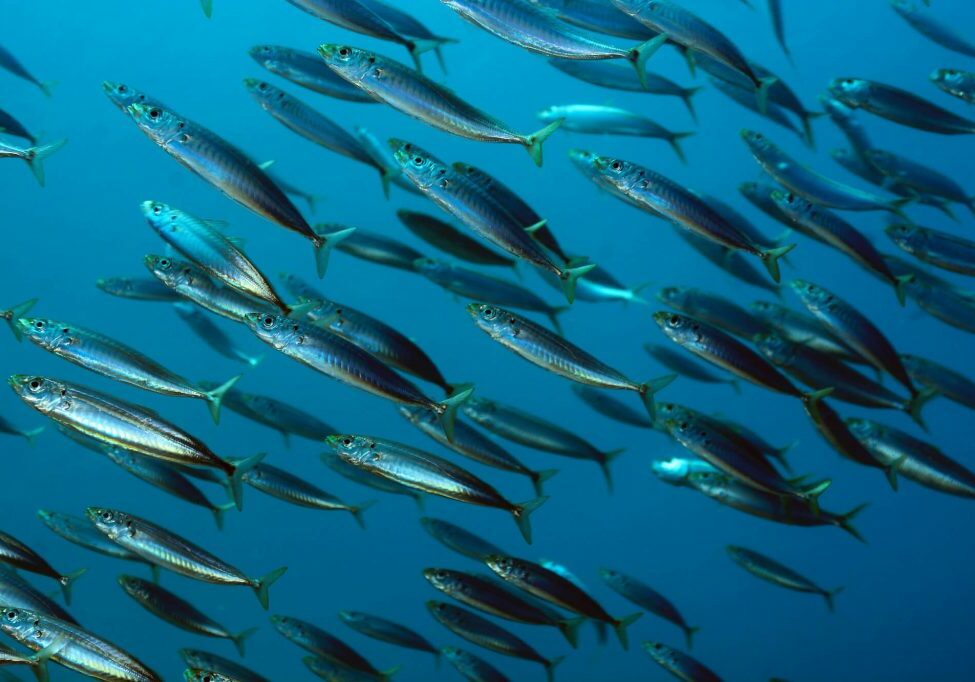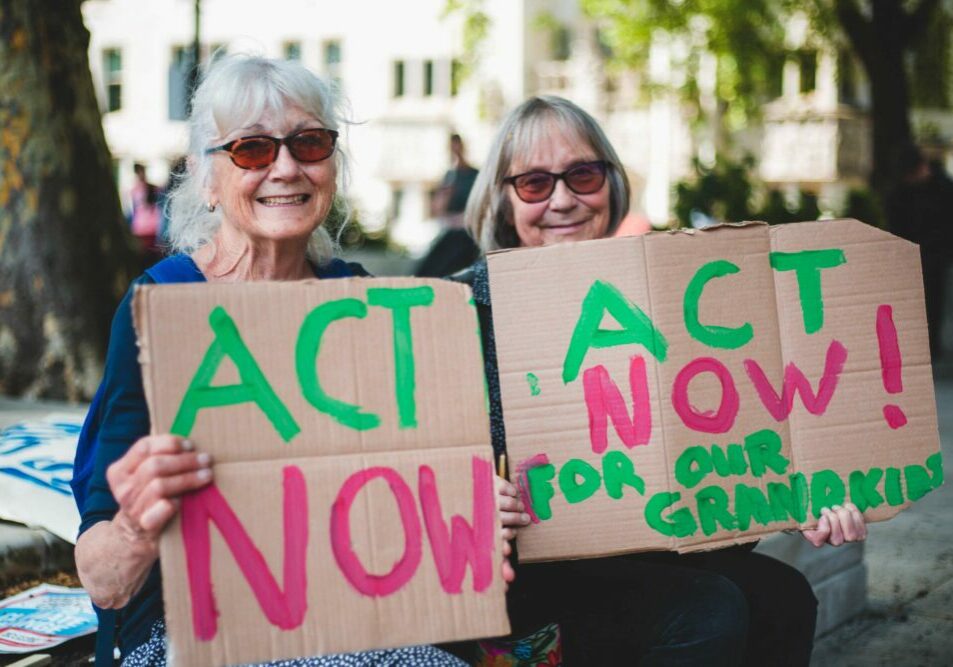Grow your own fruit and veg
Growing fruit and veg is great fun, and something the family can do together. You don’t need a lot of space. Start with fruit and veg that are family favourites and easy to grow, such as strawberries, tomatoes, beans, carrots and potatoes. Growing from seeds is inexpensive, and you’ll soon have the rewards of eating what you grow. So go on, get your hands dirty and eat fresh!
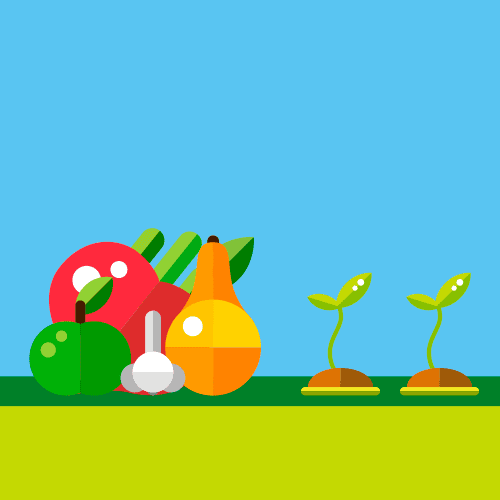

Recycle even more
The things we consume and the packaging they come in create a huge amount of waste. And even though we’re recycling more than ever, we’re also creating more rubbish. To improve your impact, buy products that have minimal packaging or are made from recycled materials. Ask your local council what you can recycle, and where. Simply by recycling as much as possible, you can make a real difference.
Waste less food
Changing the way you eat is something you can do every day to reduce your impact on the environment and improve your health. Start by only buying and cooking the food you need. By thinking ahead and planning your meals and portions carefully, you’ll save money and minimise waste. Write a shopping list and check use-by dates, and take this into account when planning the week’s meals. Don’t throw away leftovers – try to use all the food in your fridge. If you can’t use it or freeze it, compost it.
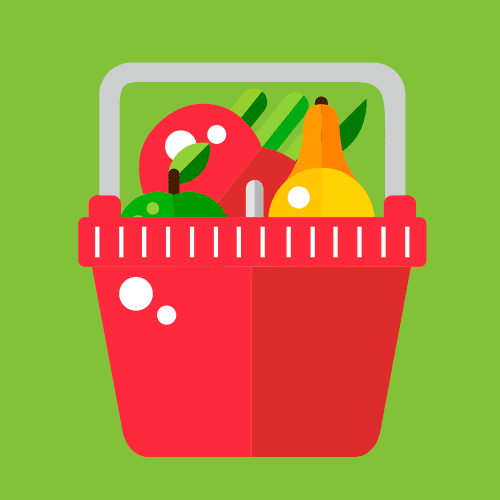
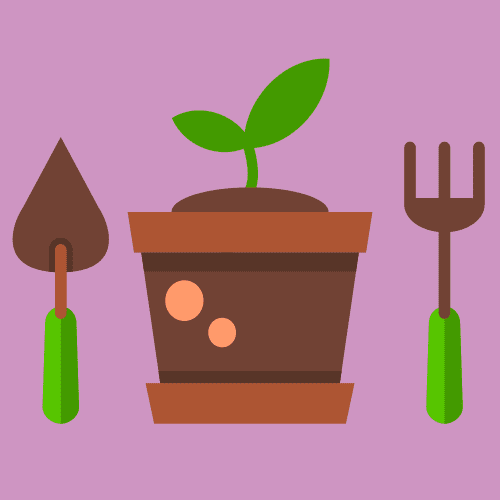
Grow your own herbs
If you have a garden or even just a windowsill, why not try growing your own fresh herbs? Basil, oregano, mint, chives, parsley, sage, rosemary and dill are all great choices. Herbs add lots of flavour to your food, making them a good substitute for salt. And growing them at home can be easy. Start out with seedlings and give them food and a little water every day. Pinch off the tip of the stems to encourage bushy, green lushness. They look and smell great, so what’s stopping you?
Use your pedal power
If you want to get fit and help the planet, leave the car at home and cycle instead. There are no nasty exhaust emissions and no need for fuel, toxic batteries or motor oil with this mode of transport. What’s more, it takes a lot less energy to manufacture a bicycle than a car, and fewer natural resources such as water.


Eat less meat and dairy
Some meat is high in saturated fat, and meat and dairy production is a major source of greenhouse gas emissions, so consuming fewer animal products is good for you and the planet. Try replacing red and white meats with other sources of protein, such as peas, beans and nuts. Introduce ’meat-free Mondays’ and make a smaller portion of meat a tasty complement to a meal, rather than the centrepiece. It’s easier than ever to find inspiring vegetarian and vegan recipes, so you can broaden your palate while protecting the planet.
Eat sustainable seafood
In the UK, just five species – cod, haddock, prawns, salmon and tuna – make up roughly 63% of all seafood sold. If you’re buying fish or seafood try alternatives to these most common fish. For example, you can swap your cod for Alaskan pollock. You can also try eating species lower down the food chain such as mussels, as they produce the same amount of protein with fewer resources. Or even try fish caught with low-emission methods, like anchovies. For more information on how to make responsible seafood choices, see WWF’s top tips.


Switch to renewable energy
Our homes are responsible for 26% of the UK’s overall carbon emissions, so changing to an energy supplier that generates electricity from renewable sources (such as wind or solar power) rather than fossil fuels can make a big difference. And you can cut down the amount of energy you use, too. Start by switching off lights, unplugging chargers for mobile phones, and turning electrical appliances off standby when not in use. Insulate your loft and cavity walls, draught-proof your windows and doors, and lower the temperature on your heating by one or two degrees to make big savings. Being energy efficient is good for the planet – and your pocket!
Make your garden wildlife-friendly
There are plenty of simple ways to make your garden more welcoming to wildlife. Plant flowers to attract bees and other insects, while fruiting bushes also provide food for birds and mammals in autumn. Leave piles of logs and sticks under bushes and in shady corners, and let your lawn grow longer around the edges to provide shelter for insects. Save rainwater in a butt and use this on your garden in drier spells.

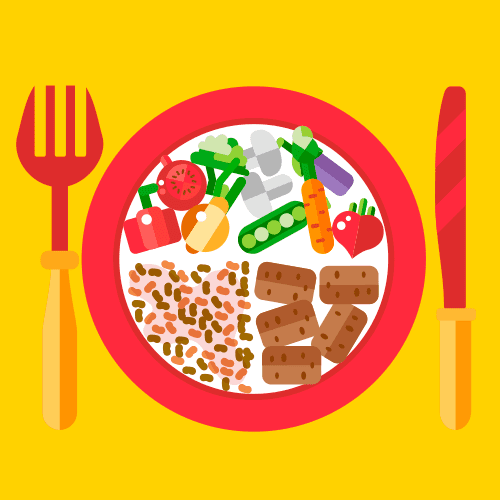
Eat4Change
Producing the food we eat creates around 25% of global greenhouse gas emissions and is one of the biggest drivers of nature loss worldwide. If we all switched to a planet-friendly diet we could help lower emissions, halt deforestation and reduce water use and pollution – while improving our health. Try eating a varied and balanced diet with plenty of grains, fruits and vegetables, fewer animal products and less sugar, oils and fats. Choose fresh, minimally processed foods and challenge yourself to reduce the amount of food you waste (just keeping your fridge at the right temperature – 5°C or lower – can help!). Find out more and plan your own planet-based diet at our Eat4Change page.
ALL IMAGES © GETTY IMAGES
Make a bigger change
From small changes every day to bigger lifestyle choices, you can find even more ways to live sustainably on our My Footprint app.
More to explore
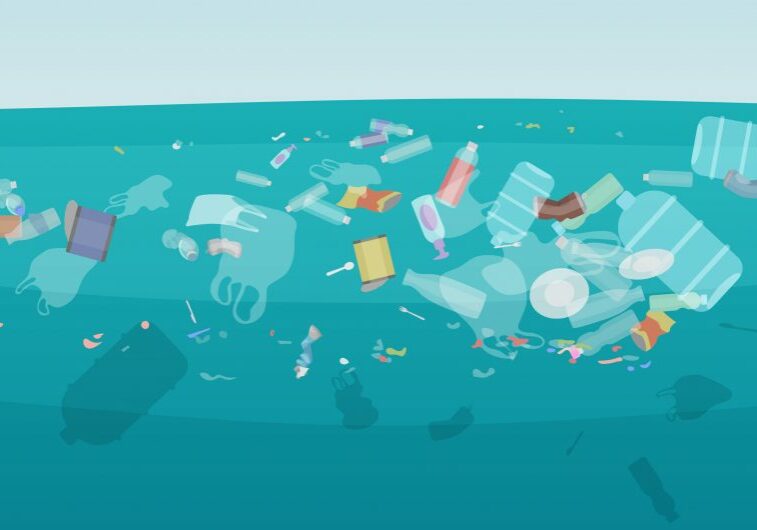
Give plastic the push
Eight million tonnes of plastic end up in our oceans every year. Here’s how you can help to reduce the waste by cutting out unnecessary plastic from your day
